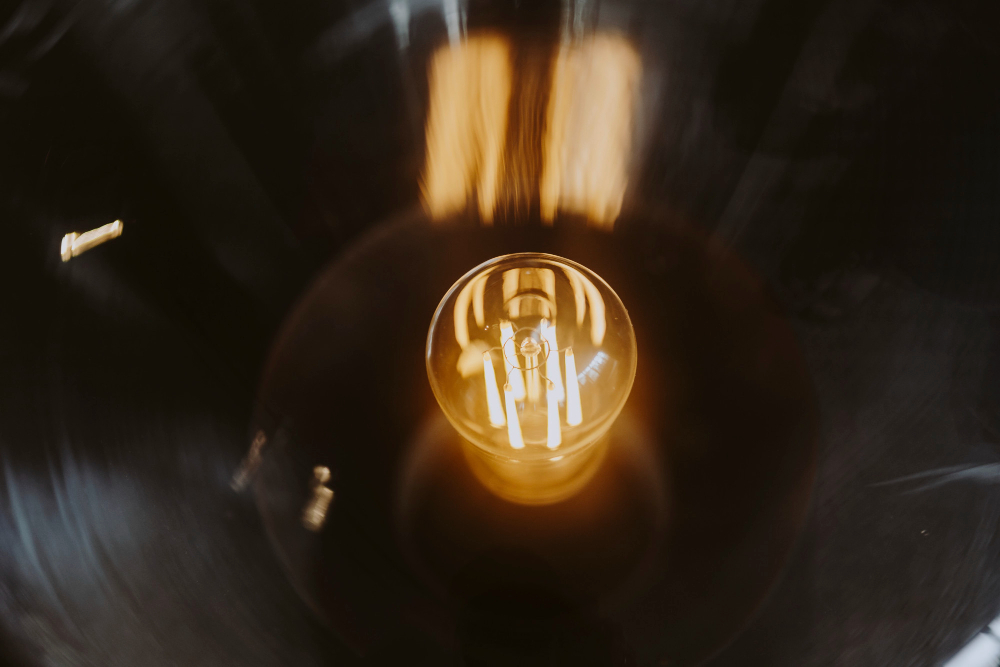Understanding the Risks When Using the Wrong Light Bulb Wattage

Lighting is essential in every household. Not only does it provide illumination, but it also creates the ambiance you desire. With various types of bulbs in the market, it’s easy to choose one that catches your attention or fits your budget. However, it’s crucial to select the right wattage of bulbs for your lamps or fixtures. Using the wrong bulb wattage can have consequences that you might not anticipate. In this blog post, we’ll go over what happens when using the wrong light bulb wattage.
Cause Overheating
Using a bulb that has a higher wattage than what’s recommended can cause overheating. When you put a bulb that exceeds the limit, it generates more heat than what the fixture was designed to handle. Consequently, the heat buildup can cause damage to your socket or, worse, a fire hazard. Always follow the wattage rating that is specified on your lamp or fixture.
Shorten the Life of the Bulb
While some people think using a high-wattage bulb might brighten up their living space, it might cause the bulb to burn out faster. When you use a bulb higher than its recommended wattage, it’s exposed to too much heat, which affects its longevity. In turn, you might have to replace the bulb frequently, which can be costly in the long run.
Dim the Light
On the other hand, if you use a lower wattage bulb than what is suggested, you might not be getting adequate light in your room. Additionally, you might experience a dimming effect that can cause discomfort to your eyes. If you’re struggling with choosing the correct wattage, a licensed electrician can provide guidance on which bulb wattage is suitable for your lamp or fixture.
Violating Safety Standards
When you purchase lamps, they usually come with a sticker that lists the recommended wattage. However, if you disregard that and put a bulb with a higher wattage, you’re breaking the safety standards. If there’s a fire incident or damage to a property that’s linked to an act of negligence, you’re liable to pay the costs incurred. It’s better to be safe than sorry. Always stick with the guidelines.
Conclusion
In summary, it’s vital always to use the recommended light bulb wattage that’s suggested by the manufacturer or guidelines. Choosing the wrong wattage can lead to a safety hazard, shorten the bulb’s life, or create a dimming effect in your home. Although buying a high-wattage bulb might be enticing, it’s not worth the risks involved. Always seek an expert’s advice when unsure of what wattage to use. If you’re looking for an electricians in Apopka, Florida, contact Spectrum Electric today to schedule an appointment.
